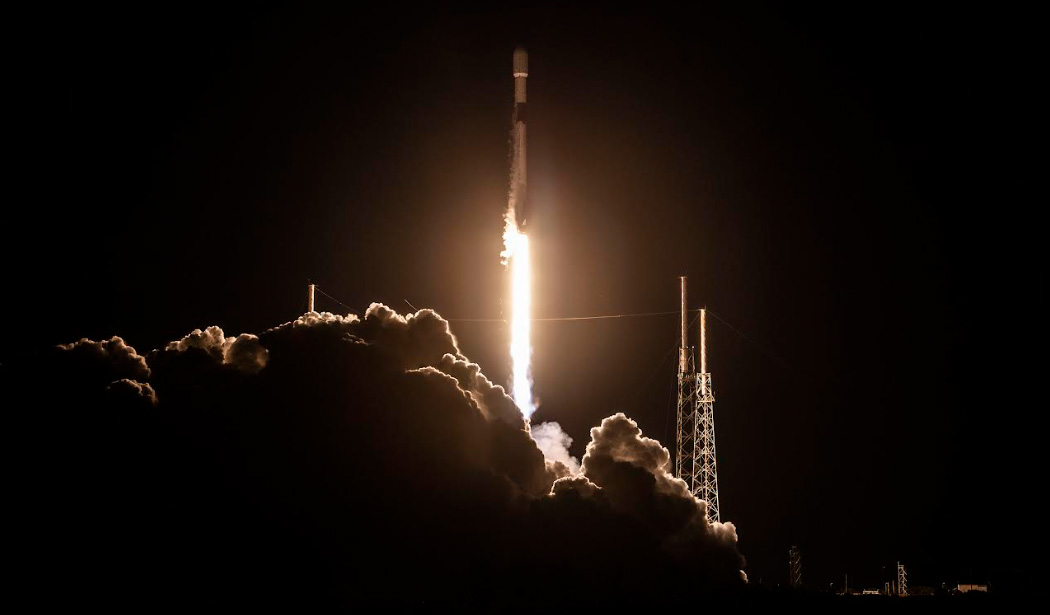OneWeb Places 40 More Broadband Satellites in Orbit
Constellation of birds now 80% complete, company says

The smarter way to stay on top of the multichannel video marketplace. Sign up below.
You are now subscribed
Your newsletter sign-up was successful
OneWeb said it has successfully launched another 40 low-earth-orbit (LEO) satellites as it builds a web of broadband birds to deliver high-speed service to the U.S., Europe and Asia.
The launch was courtesy of Elon Musk's SpaceX from Cape Canaveral in Florida. SpaceX has its own StarLink low-latency satellite-broadband play, but that has not prevented Musk’s rocket-launch company from helping competitor OneWeb get its birds into place.
Success means not only launch, but acquiring a signal from all 40 birds, which OneWeb said has happened.
That gives OneWeb a total of 542 satellites, or what it said is more than 80% of its first-generation fleet.
OneWeb is among many such LEO-based satellite broadband efforts the Federal Communications Commission has given its regulatory approval to promote broadband price and service competition; to advance the internet of things (IoT) and 5G for all; and to help close the digital divide in the U.S.
OneWeb’s stated goal is to get broadband to some of the hardest-to-reach areas of the world.
In June 2017, the FCC under then-chair Ajit Pai unanimously approved OneWeb's request to deliver its service in the U.S. market, including particularly hard-to-reach and expensive-to-reach rural areas.
The smarter way to stay on top of the multichannel video marketplace. Sign up below.
Pai’s successor, Jessica Rosenworcel, also supports LEOs as a way to provide broadband competition.
OneWeb filed for bankruptcy in 2020, suggesting it was on the verge of getting financing when the pandemic hit. It had already invested billions of dollars in the enterprise.
The company was able to get new funding from, among others, the U.K. government, and emerged from bankruptcy late last year. It secured over $1 billion in launch insurance back in September 2021. ■
Contributing editor John Eggerton has been an editor and/or writer on media regulation, legislation and policy for over four decades, including covering the FCC, FTC, Congress, the major media trade associations, and the federal courts. In addition to Multichannel News and Broadcasting + Cable, his work has appeared in Radio World, TV Technology, TV Fax, This Week in Consumer Electronics, Variety and the Encyclopedia Britannica.

